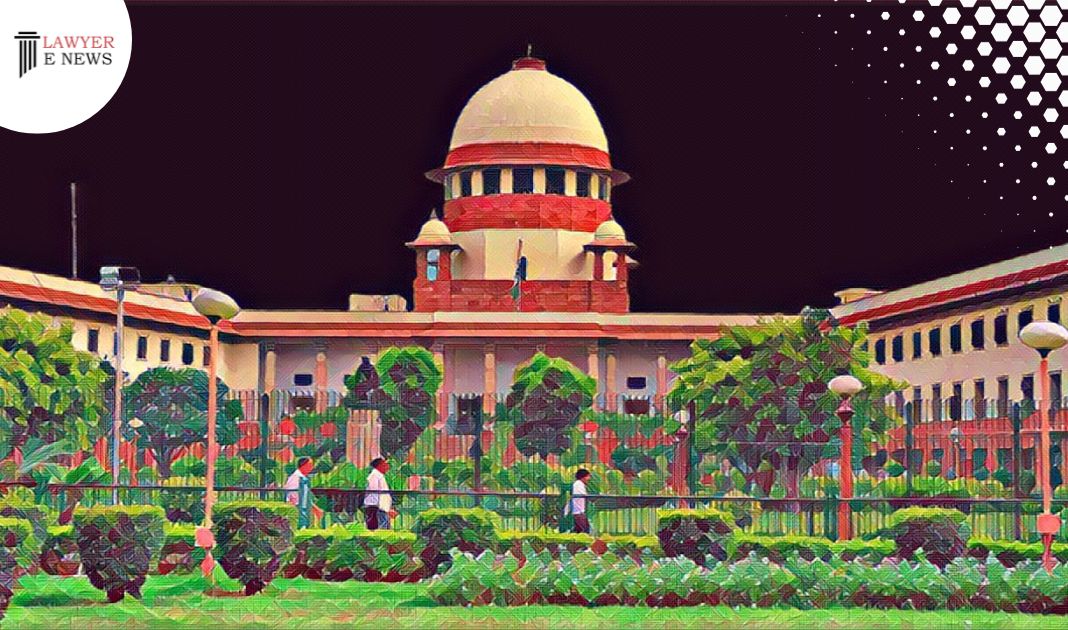-
by sayum
14 February 2026 2:22 PM



In a significant ruling, the Supreme Court has provided crucial guidance on the interpretation of service tax exemption notifications. The Court, in its judgment delivered on 13th October 2023, emphasized the importance of adhering to the legislative intent and clarified the use of conjunctions "or" and "and" in exemption clauses.
The case in question revolved around the interpretation of the definition of "governmental authority" in the context of service tax exemptions. The Court scrutinized the Exemption Notification and the Clarification Notification, which amended the former. The key issue was whether the amended definition should be interpreted to apply to both sub-clauses (i) and (ii) or remain distinct.
The Court ruled that "or" is disjunctive, while "and" is conjunctive, and it must be read as such in statutory interpretation. Justice S. Ravindra Bhat and Justice Dipankar Datta stated, "The conjunction 'or' used in clause 2(s) clearly divides sub-clause (i) and sub-clause (ii) as independent categories."
Further emphasizing the importance of legislative intent, the Court highlighted that "Parliament does not indulge in legislation merely to state what it is unnecessary to state or to do what is already validly done."
The judgment clarified that when a provision is clear and unambiguous, as in this case, there is no room for alternative interpretations. Therefore, the burden of proof lies with the assessee to demonstrate that their case falls within the parameters of the exemption clause.
Supreme Court dismissed the appeals and upheld the impugned judgments and orders. The ruling serves as a significant reference point for the interpretation of service tax exemption notifications.
This judgment underscores the principle that statutory interpretation must adhere to the plain and natural meaning of the words used and must reflect the legislative intent, especially when there is no ambiguity in the provision.
Date of Decision: 13 October 2023
COMMISSIONER, CUSTOMS CENTRAL EXCISE AND SERVICE TAX, PATNA vs M/S SHAPOORJI PALLONJI
